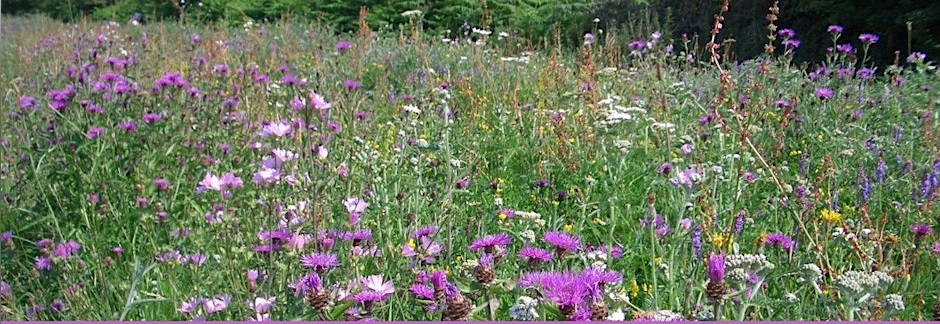Urgent need to restore biodiversity in UK agriculture will be discussed at free public lecture

10 October 2025
The urgent need for sustainable farming practices that balance food production with the delivery of nature-based solutions, in order to address the urgent need to restore biodiversity in agriculture, will be discussed at a free lecture at the Royal Agricultural University (RAU) later this month.
With dramatic declines in the numbers of pollinators and farmland birds over recent years, Making Farming Buzz Again – the latest in a series of public lectures to mark the 180th anniversary of the RAU – will look at how habitat creation in the farmed landscape can enhance two important ecosystem services: pollination and pest regulation.
The lecture, with the RAU’s Dean of Land and Property Management Professor Duncan Westbury, and Ann Conquest, Associate Director of Rural Land Management at LUC, will take place at the RAU’s Cirencester campus from 6pm on Wednesday 22nd October.
As well as addressing land-use competition, climate mitigation, and the value of pollinators, the event will conclude with practical actions and policy impacts, showing how farming can support biodiversity, climate mitigation, and long-term sustainability.
Professor Westbury said: “The UK has already lost too much of its biodiversity and continues to do so - with 70% of land being used for agricultural production – and it is vital that we do everything we can to harness the many benefits we can get from nature to try and reverse that trend.
“Food production in the UK needs to be resilient and this requires new approaches to dealing with the situation we now find ourselves in. It is essential those of us in the agricultural sector work with nature rather than against it.”
Drawing on his research in grassland restoration and sustainable fruit production, Professor Westbury advocates for wildflower habitats and ecosystem service-based farming. His work has influenced national and international agricultural practices, aiming to make farming both productive and ecologically vibrant.
Ann Conquest added: “To deliver landscape scale conservation, it must be imbedded in every farm business. We will explore how farming practices can adapt to support wildlife and sustain agricultural landscapes.
“I am really excited to be joining Duncan in delivering this lecture. I will be sharing insights from our research and will discuss the challenges and opportunities that farmers face in running a sustainable and nature-friendly business.”
The free ‘Making Farming Buzz Again’ lecture will take place in the University’s Boutflour Hall, at its Cirencester campus, from 6pm to 8pm (doors open at 6pm with the lecture starting at 6.30pm) on Wednesday 22nd October and is open to all. Please visit https://making-farming-buzz-again.eventbrite.co.uk to reserve your free tickets.
Originally established in 1845 as the Royal Agricultural College, the first agricultural college in the English-speaking world and with just 25 students, the Royal Agricultural University gained its university status in 2013.
To celebrate its 180th anniversary, the institution - which now has around 1,100 students at its Cirencester campus as well as more than 3,000 studying worldwide with its many international partners - has had a calendar of events taking place throughout the year including this lecture series.
Other events have included the unveiling of a new sculpture made especially for the anniversary, a Community Open Day, and a global online party for the University to celebrate with its international partners.
Professor Peter McCaffery, who became Vice-Chancellor of the RAU in 2021, said: “As we celebrate our 180th anniversary this year, we also celebrate that our University is as relevant today as it was when it was founded, back in 1845, to help meet a national emergency – how to feed the country at a time of burgeoning urbanisation and industrialisation.
“We are immensely proud of the contribution our world-wide family of 17,000+ alumni have made as leaders, entrepreneurs, and innovators in agriculture and the land-based sector and each year we seek to equip a new generation of graduates to help address the global challenges that face us today – climate change, food security, sustainable land use, biodiversity loss, and heritage management.
“Our influence and impact continue to be felt locally, nationally, and globally, and we fully intend to continue to punch above our weight in the future as we have done for the past 180 years.”
The RAU’s final 180th anniversary lecture Water, Wastewater, Everywhere – Every drop counts, which will look at how water is deeply connected to our energy and food, will take place on Wednesday 12th November.
For more information, and to book your free ticket(s) for either lecture, please visit https://www.rau.ac.uk/about-rau/why-rau/180-years.